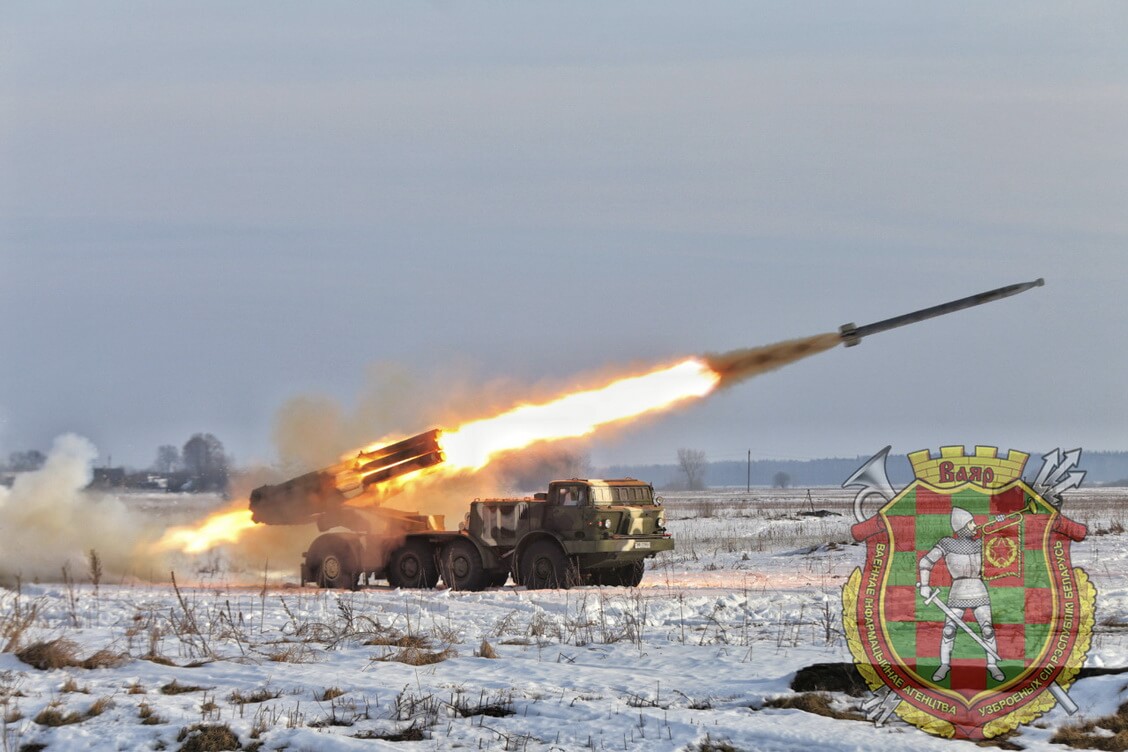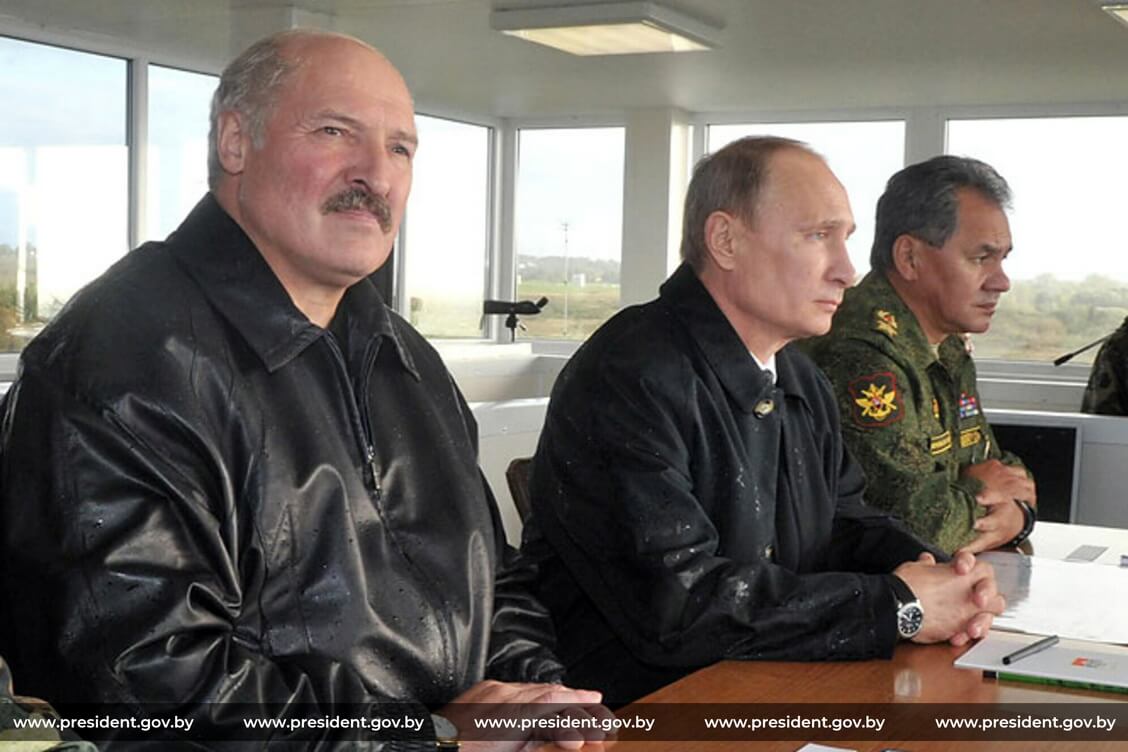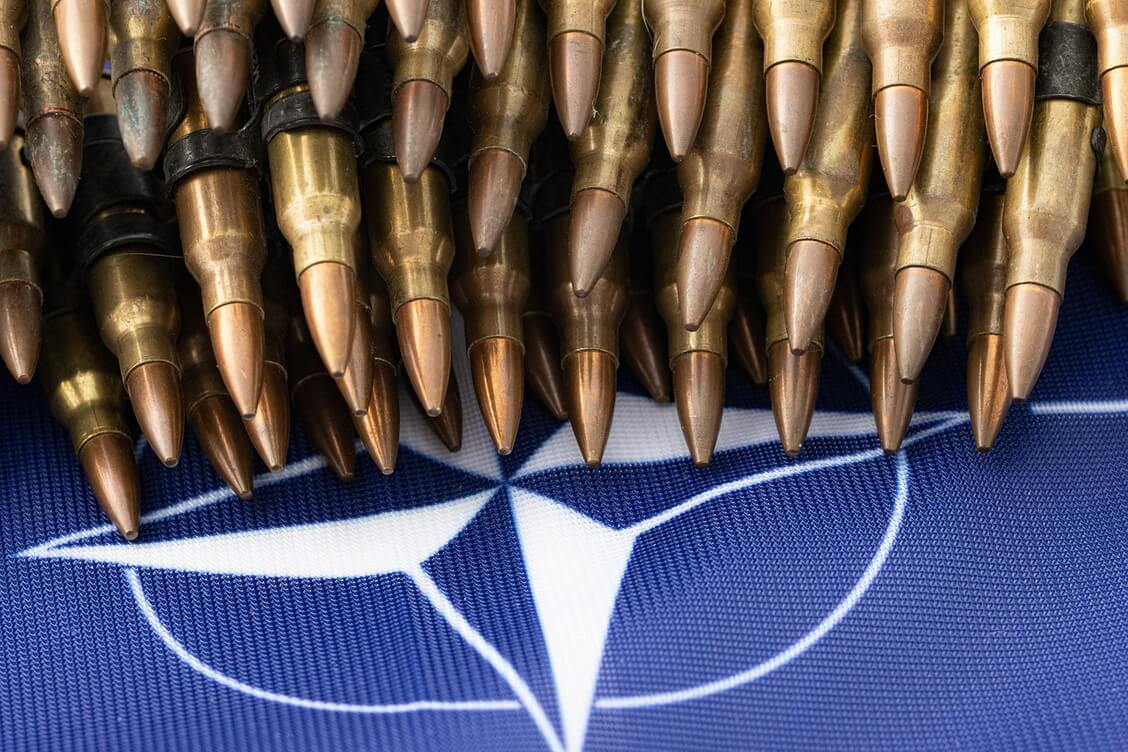Western journalists and military analysts are discussing scenarios of a possible war between Russia and NATO, fearing a Russian attack on the Baltic states or Poland. Belarus would likely become a scene of hostilities.

Europe expects Russian attack
In recent weeks, prominent European politicians have repeatedly warned of the possibility of a Russian attack on NATO countries, with the Baltic states and Poland expected to be the first targets.
German Defense Minister Boris Pistorius said that a military clash between Russia and NATO is possible in five to eight years.
On January 14, Bild reported that Bundeswehr analysts fear that the war could begin as early as 2025 or even the end of 2024. The trigger would be Moscow’s attempt to take the Suvalki Gap by advancing from Belarus.
Redeaktionsnetzwerk Deutschland (RND) reported on January 18 that NATO is preparing for a basic scenario, in which Russia invades the Baltic states to seize the Suvalki Gap by staging an offensive from Belarus. According to NATO analysts, the attack would be preceded by large-scale military maneuvers in Belarus.

Belarus at the center
In 2023, President Vladimir Putin and other Russian officials, as well as Alaksandar Łukašenka, repeatedly denied Russia’s plans to attack NATO. However, their assurances are inconsistent with the militarization of the economies and public in Russia and Belarus. Russian propagandists repeatedly called for bombing Vilnius, Warsaw and Berlin.
Moreover, the West has not forgotten the blatant lies of Moscow, which said in early 2022 that it would not attack Ukraine.
Carlo Masala, professor of international politics at the University of the Bundeswehr Munich, as well as other prominent military scholars are convinced that the alarmist scenarios should be taken seriously.
Fabian Hoffmann, a security expert at the University of Oslo, predicts the following algorithm of the Kremlin’s actions: after a strike on critical civilian infrastructure of NATO countries or after seizing the Suvalki Gap, Moscow would offer NATO – from a position of strength – to cede the territory to avoid further escalation and nuclear war.
For Belarus, Russia’s war against NATO would be a disaster. In 2022, hoping for a successful blitzkrieg against Ukraine, the Kremlin decided against using the Belarusian army in its war. Łukašenka’s obstinacy probably played an important role in that decision. But Moscow would certainly pull Belarus into the fray if it attacked its European neighbors.
The Belarusian ruler’s main argument that Belarus covers Russia’s back from the West would not work. Invasion by Russian troops, with or without Belarusian army units, would certainly meet with retaliatory strikes against Belarus.

Moscow has been slow to react to the spike in concerns in the West. Belarusian state propaganda, a mouthpiece for Russian narratives, only touched on the issue in passing. Łukašenka and other Belarusian officials have ignored it.
Why is Łukašenka silent?
In mid-January, officials were discussing Belarus’ new military doctrine and the issue of nuclear weapons use.
Defense Minister Viktar Chrenin, Security Council State Secretary Alaksandar Valfovič and Łukašenka emphasized the allegedly peaceful nature of Belarusian foreign policy but played up the country’s military power. Łukašenka confidently declared that Belarus is now more protected than ever, obviously implying nuclear weapons, while Chrenin went even further, signaling readiness for dialogue with NATO.
Just a few months earlier, Łukašenka was talking about threats from Poland and Lithuania. He has suddenly toned down his rhetoric, emphasizing that Belarus is secure and not threatened by anyone.
Usually, the Belarusian ruler likes to lash out at “crazy Westerners,” but now he prefers not to comment on the upcoming NATO Steadfast Defender exercise, the largest since the Cold War.
In countries bordering Belarus, NATO troops will practice a joint response to a potential attack by Russia on an allied country.
Łukašenka has not yet commented on the debate revolving around war scenarios between Russia and NATO, although it has something to do with Belarus.
He might be disappointed that Western analysts see Belarus as a tool in the hands of the Kremlin, without even mentioning him. After all, he considers himself an outstanding politician and a member of the nuclear club.
Łukašenka is aware of the consequences of possible Russian invasion for Belarus and does not want to draw his compatriots’ attention to alarmist scenarios.
Finally, he is well aware that he lacks real power to influence decision-making in the Kremlin and must dance to Putin’s tune.
Minsk seems to be trying to show the West that it is not interested in escalation and sells its complicity in Russian aggression against Ukraine as a forced measure in line with mutual obligations.
* * *
The keys to war and peace in Europe are in Putin’s hands, while Łukašenka’s policy has turned Belarus into a tool in the hands of the Kremlin.
The Belarusian ruler must be afraid of a war in Europe, because it would put an end to the myth that Belarus is an oasis of peace and tranquility and may become the final point in his career.